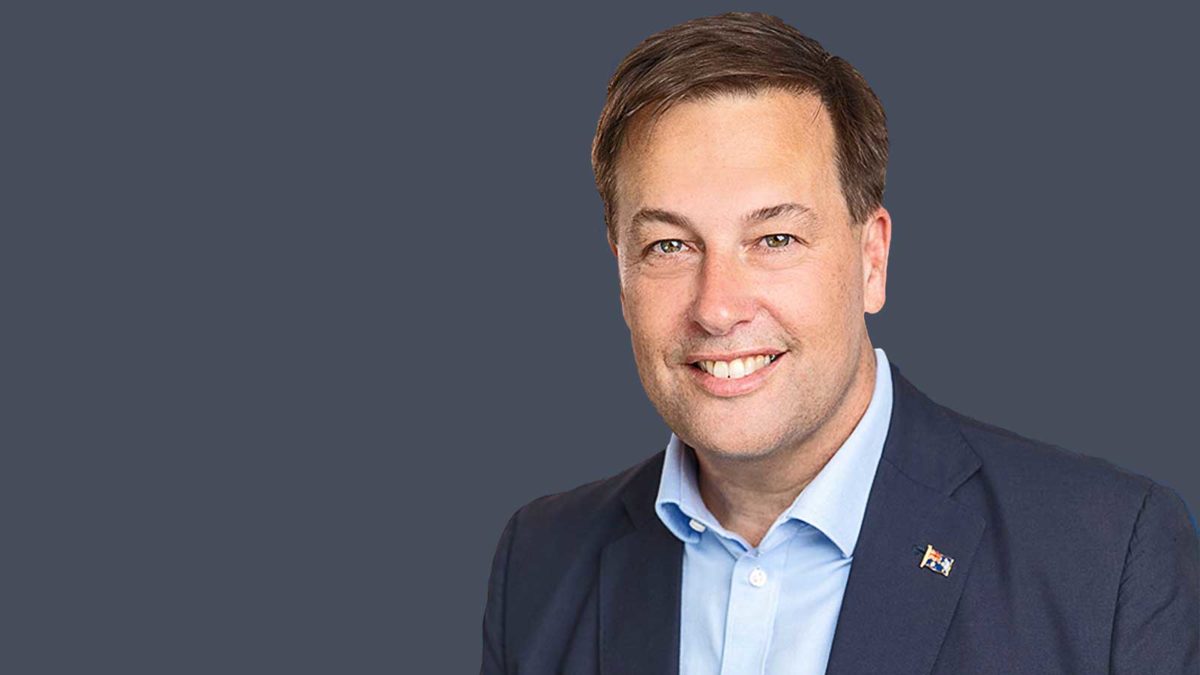Super war chests, ‘$12 trustees’ under fire
The Morrison Government has so-called “$12 trustees” in its crosshairs after they amended trust deeds to levy members for potential penalties. But APRA believes funds might collapse without them.
The Morrison Government’s amendment to Section 56 of the SIS Act was intended to prevent super funds from paying penalties using member money, but – as many industry funds operate with single digit shareholder capital – also risked making them insolvent in the event of a penalty.
In late 2021, industry funds including AustralianSuper and Cbus received positive legal advice that they could amend their trust deeds and build up contingency reserves through new member fees. The arrangements have since been given a grudging go-ahead by APRA.
“APRA does not have a zero-failure tolerance, and it’s not our position that we should protect trustees in all circumstances,” Margaret Cole, APRA’s new superannuation czar, told the standing committee on economics on Thursday (February 10). “But consistent with our mandate, failure must be orderly in order to protect beneficiaries and financial system stability.
“To be clear as to the significance of this issue, without the ability to build and maintain a risk reserve, an otherwise well-run and well-performing trustee could be rendered insolvent by a minor operational administrative error. Disorderly failure of an otherwise sound and sustainable licensee will be likely to be severely detrimental to members, as it would impose material costs and create significant operational risks.”
But while APRA doesn’t see many problems, the new arrangements have landed in the crosshairs of Liberal MP Jason Falinski, the new chair of the standing committee. Falinski questioned whether AustralianSuper had misled courts on whether the damage would really be as bad as they claimed and why APRA had not dissected the figure.
“So the court was provided with a figure of $100 million (cost to member in the event of an insolvency) by the trustee who’d benefit from this charge, and there was no oversight of that number,” Falinski said. “Just their consultants. And there were no contradictors for members there to stand up and say that figure might be inflated or even understated?”
Falinski also floated the prospect that funds could use their war chests to pay any penalty upheld against a director in cases where that director had already dudded members – as might well be the case when ASIC concludes its investigation into “insider trading” at a number of super funds.
“The purpose of this amendment was to stop members funds from being raided for trustees to use as they wish,” Falinski said. “And that is precisely, through these court cases, what we’ve wound up with… Funds can be raised that then become the property of the trustee, and can then be used for the purposes of paying a civil penalty for a director in circumstances where they have been found guilty of insider trading.”
But Cole – and other regulators – have said that any changes to the laws are a “policy matter for the government”. Some Liberals, including senator Andrew Bragg, have floated the idea of imposing capital requirements on funds, and superannuation minister Jane Hume has previously suggested that the organisations whose members comprise trustee boards – unions and other employer groups – should front any fines.
“If it appears that trustees are confusing their own interests, saving their own skins, with the best financial interests of members whose money is unlikely to be imperilled by a change of trustee, I would expect regulators to take action,” Hume said in November 2021.
“I’m not sure how many members would vote to give away some of their hard-earned retirement savings to bail out a trustee for wrongdoing. Particularly when trustees and those organisations that stand behind them have their own resources which they could alternatively draw on rather than milking their members.”











